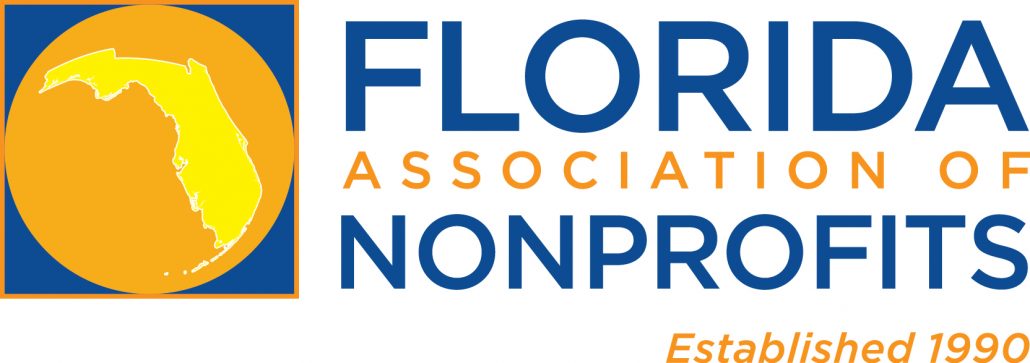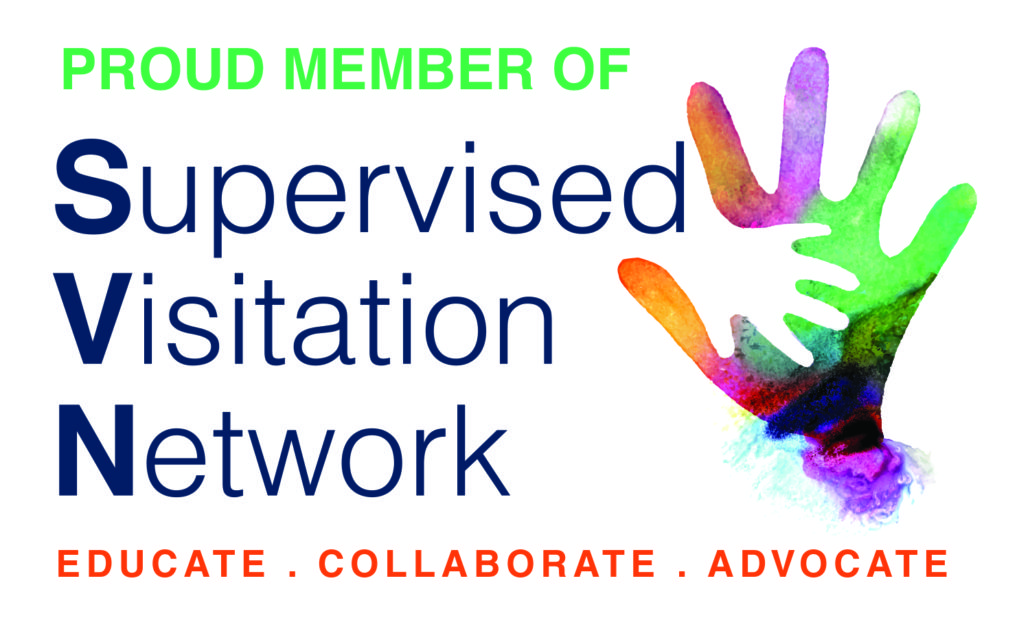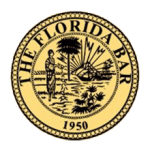Parental Alienation and Child Estrangement
Preserving Family Ties, An Authoritative Guide to Divorce and Child Custody
Preserving Family Ties, An Authoritative Guide to Divorce and Child Custody
Mark David Roseman
Excerpt From PRESERVING FAMILY TIES, AN AUTHORITATIVE GUIDE TO DIVORCE AND CHILD CUSTODY
(WestBow Press, Feb 2018). Available from Amazon, Barnes and Noble and WestBow Press. With the permission from Dr. Mark D. Roseman, Author.
In the most extreme cases, parents exhibit hostile behavior, either overt or covert. They unconsciously or with forethought vilify the other parent—usually the absent
parent—in the eyes of the children. Courtroom battling and domestic conflict cause children to feel insecure. “Children commonly interpret conflict as caused by the rejected parent and as abusive and victimizing of the aligned parent (and by extension, the child).”92 This process is often described as alienation.
Given the high incidence of divorce, there is also a high probability of escalated or ‘high’ conflict evidencing the anger between the parents. Further, that divorce and custody are resolved through litigation in family courts, these angers are heightened, and the tactics used lead to greater tensions and argument. This is not just ‘theater’, it is a horrific means for deciding the most tender of issues, parenting. This author has observed, read of and heard the testimony of vicious attacks used in the courtroom for child custody battles which utilize misinformation, exaggeration, and deceit...[read more]
Parental Alienating Behaviors: An Unacknowledged Form of Family Violence
Jennifer J. Harman Colorado State University, Edward Kruk University of British Columbia, Denise A. Hines Clark University
American Psychological Association. Psychological Bulletin: 2018, Vol. 144, No. 12, 1275–1299
Despite affecting millions of families around the world, parental alienation has been largely unacknowledged or denied by legal and health professionals as a form of family violence.
This complex form of aggression entails a parental figure engaging in the long-term use of a variety of aggressive behaviors to harm the relationship between their child and another parental figure, and/or to hurt the other parental figure directly because of their relationship with their child. Like other forms of family violence, parental alienation has serious and negative consequences for family members, yet victims are often blamed for their experience.
In order to be recognized as a form of family violence and to secure protection for victims under law and social policies, a formal review and comparison of parental alienating behaviors and outcomes to child abuse and intimate partner violence has been sorely needed. The result of this review highlights how the societal denial of parental alienation has been like the historical social and political denial or other forms of abuse in many parts of the world (e.g., child abuse a century ago).
Reframing parental alienating behaviors as a form of family violence also serves as a desperate call to action for social scientists to focus more theoretical and empirical attention to this topic. [Read Full Article]
INCLUSION OF CONCEPTS DESCRIBING PARENTAL ALIENATION IN DSM-5 STRENGTHENS CHILD HEALTH IN THE AFTERMATH OF DIVORCE
William Bernet, M.D. Professor Emeritus, Department of Psychiatry Vanderbilt University School of Medicine william.bernet@vanderbilt.edu
Groundbreaking advances in latest edition of mental health manual
Family unity took a major step forward at the American Psychiatric Association’s annual meeting in San Francisco this week (May 18-22, 2013) with the inclusion of language that describes the serious mental health problem of parental alienation. For the first time, mental health professionals in the U.S. will have officially recognized concepts to diagnose children who experience parental alienation, strengthening the case against parents who strive to alienate children during divorce.
“This is an important advance for the psychological health of children and families,” said William Bernet, M.D. Bernet is a leader of the Parental Alienation Study Group, the international task force that submitted the proposal to include parental alienation in DSM-5. Bernet, professor emeritus at Vanderbilt University School of Medicine, said, “Including language that is specifically applicable to parental alienation empowers the mental health and legal communities to address this important problem more directly and with greater clarity. These revisions to DSM-5 will reduce the harm that parental alienation causes to families.”
Parental alienation is a mental condition in which a child – usually one whose parents are engaged in a high-conflict separation or divorce – allies strongly with one parent and refuses without good cause to have a relationship with the other parent. This process takes place when a parent or caregiver encourages the child’s rejection of the other parent. Parental alienation is driven by the false belief that the rejected parent is evil, dangerous, or not worthy of affection. When the phenomenon is properly recognized, the condition is preventable and treatable in many instances.
DSM-5 now includes the new diagnoses of “child psychological abuse” and “child affected by parental relationship distress.” Moreover, “parent-child relational problem” refers to the concept of parental alienation, although the actual words, “parental alienation,” are not in DSM-5. Depending on the circumstances, each of these three diagnoses can be used in cases of parental alienation.
- Child psychological abuse is defined as “nonaccidental verbal or symbolic acts by a child’s parent or caregiver that result, or have reasonable potential to result, in significant psychological harm to the child.” In many instances, the behavior of the alienating parent constitutes child psychological abuse.
- Child affected by parental relationship distress should be used “when the focus of clinical attention is the negative effects of parental relationship discord (e.g., high levels of conflict, distress, or disparagement) on a child in the family, including effects on the child’s mental or other physical disorders.” That is a very good description of how parental alienation comes about.
- Parent-child relational problem now has a discussion in the text of DSM-5. The discussion explains that cognitive difficulties in parent-child relational problem “may include negative attributions of the other’s intentions, hostility toward or scapegoating of the other, and unwarranted feelings of estrangement.” That is a very good description of a child’s view of the alienated parent.
The Parental Alienation Study Group consists of a highly credentialed group of mental health and legal professionals and other individuals who are experienced in identifying and treating parental alienation.
The Parental Alienation Study Group initially proposed in 2008 that parental alienation should be included in DSM -5. Their complete proposal was published as Parental Alienation, DSM-5, and ICD-11 (Charles C Thomas Publishers, 2010). The Parental Alienation Study Group includes 900 individuals from 64 countries.








